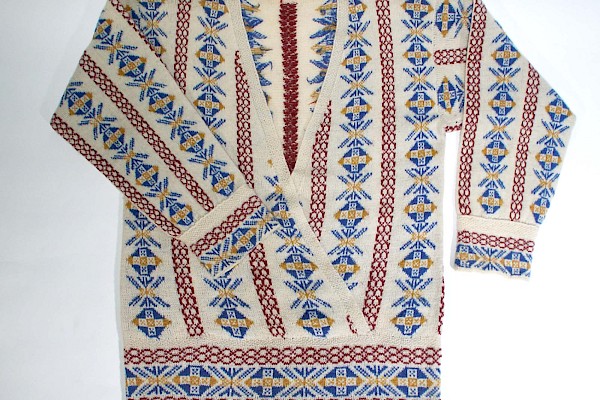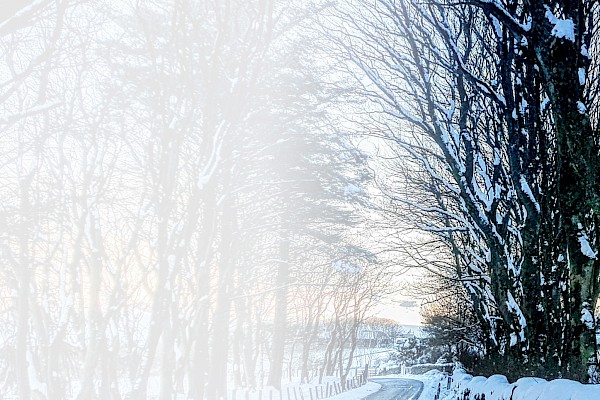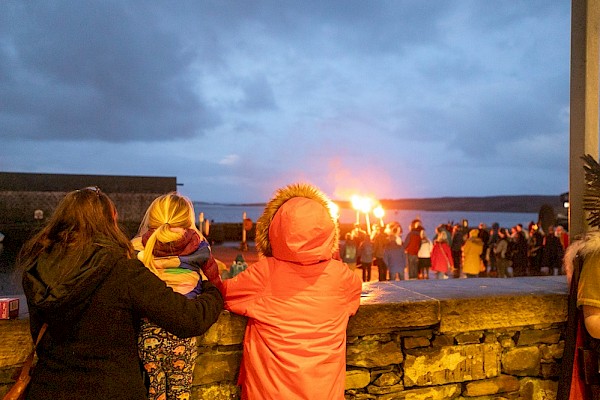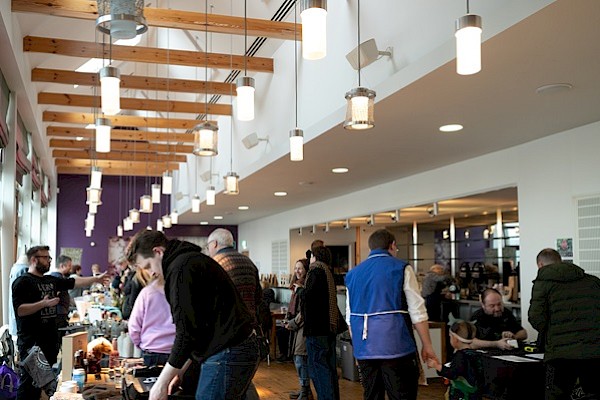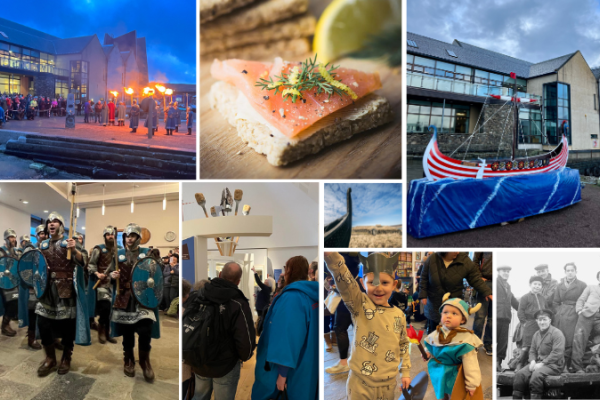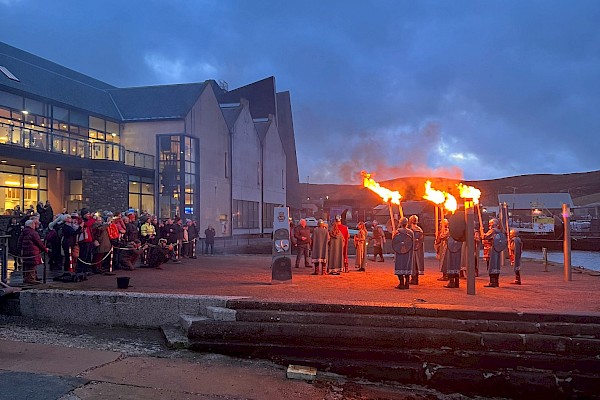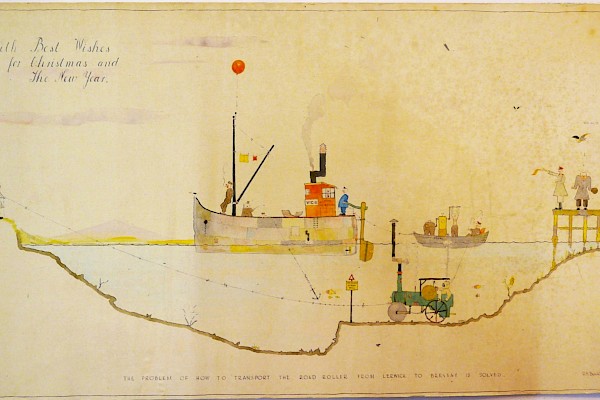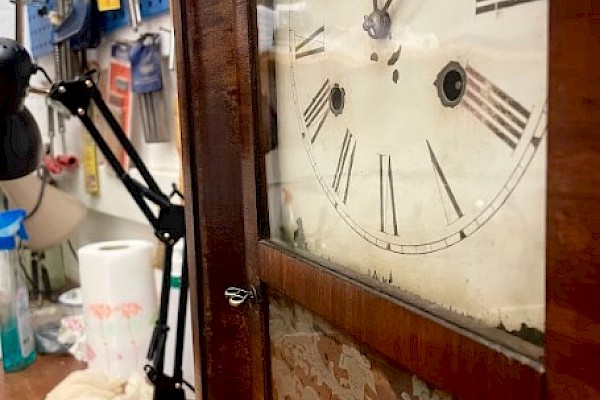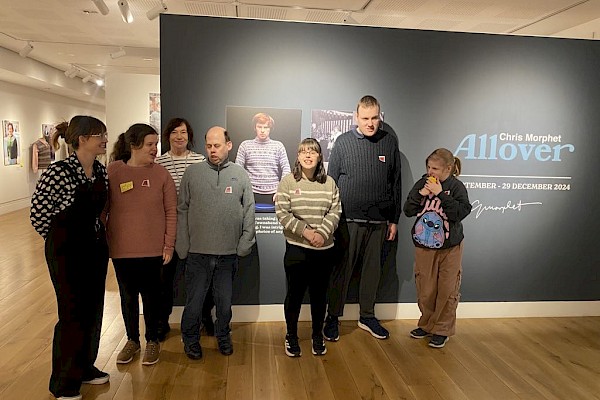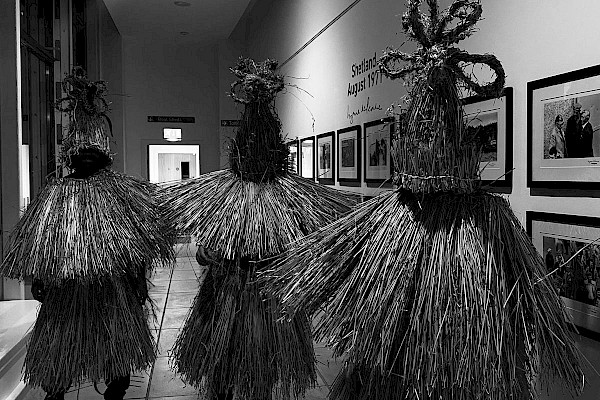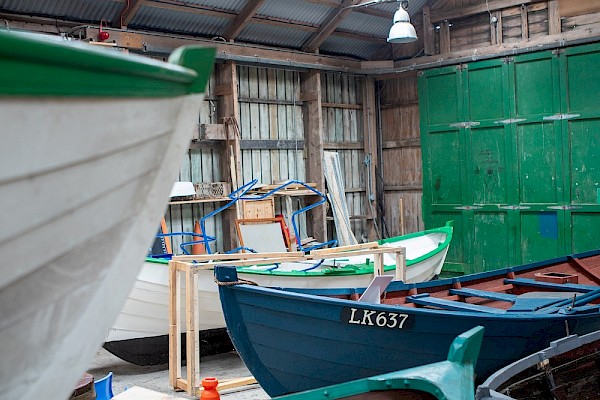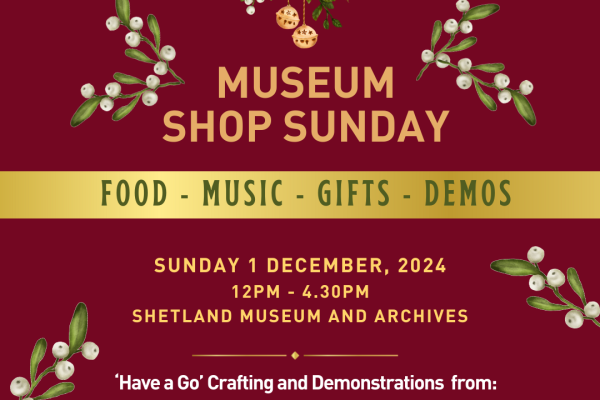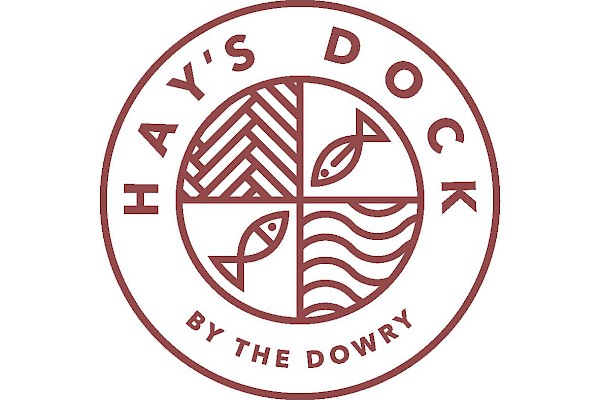Why hunt whales?
Pilot whales were important to islanders’ survival, providhetland ming many useful products. Subsistence whaling was unpredictable, because the place and time whales came was a matter of chance, and this meant the community had to work together, at short notice.

Oil was one of three products of the whale, along with the meat and bones. People in all the islands used the oil for light and waterproofing, and in the Hebrides some took it as a health tonic.
When whales came, there was frantic work herding them to a beach, killing and hauling them ashore, then processing. Whoever spotted them ran to the houses, shouting the exciting news that spread like wildfire, and everyone in the district stopped their work to join the hunt. People loaded boulders into the boats, to be used as missiles, and crews took weapons with them - mostly sharp farm tools. They rowed beyond the whales and arranged the boats into a crescent, with a reserve line further out. Folk in the boats shouted and hurled rocks to disorient the animals, and, as soon as the animals beached, those on the beach attacked whales with whatever they had.

This wasn’t commercial hunting, and people didn’t use special tools to kill whales, just everyday farm implements like this ditching spade from Orkney, with its sharpened edge.
Proceeds were shared amongst the hunters’ families; in later years landlords took a share, meaning less for ordinary folk. Everything was used – meat, oil, bones. Britain’s islanders liked eating whalemeat. Hebrideans preserved the flesh by rubbing it in kelp ashes, and as an observer in 1629 saw, the meat “being dried in the smoke they eat it like bacon”. The people in those islands in the 1690s relished whale, and “by experience find them to be very nourishing food”. People melted the blubber to make oil for lamps, lubrication, and softening leather. Bones were valued; a jawbone made a grain scoop, ribs became skids to haul boats up on a beach, and skulls made boat props.

In the 18th century Western and Northern Islanders stopped eating whales because they adopted genteel ideas from outside, and started to think it was somehow inappropriate to eat whale flesh – even though their ancestors had done so for centuries. By the 1750s Shetlanders and Hebrideans still ate them, but generally when famine drove them to do it. Later, when islanders could afford imported paraffin, they didn’t need the oil either, and whaling stopped in the 1910s, with Shetland holding on the longest.

Oil was one of three products of the whale, along with the meat and bones. People in all the islands used the oil for light and waterproofing, and in the Hebrides some took it as a health tonic.
Find out more: Follow the links to find out about the Between Islands project, Shetland’s new online exhibition, ‘Fair Game.
